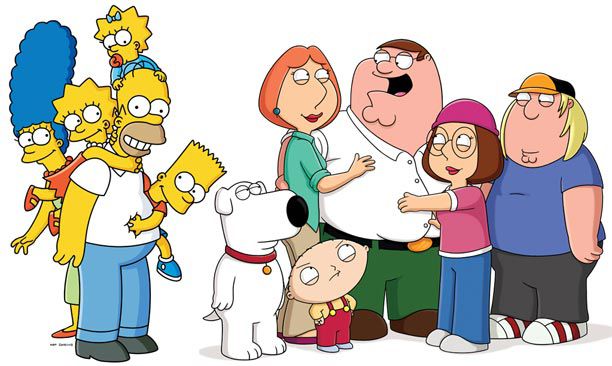Here’s another piece on the English language; it seems to be in vogue round her at present.
I came across this some time ago and thought I had written about it, but I cannot find that I did. So here it is: an interesting piece, essentially a BBC report about Mark Forsyth’s book The Elements of Eloquence. It’s another example of why English is such a pig of a language!
Why “tock-tick” does not sound right to your ears
Play it by ear: If a word sequence sounds wrong, it is probably wrong.
Ever wondered why we say tick-lock, not tock-tick; or ding-dong, not dong-ding; King Kong, not Kong King? Turns out it is one of the unwritten rules of English that native speakers know without knowing.
The rule is: “If there are three words then the order has to go I, A, 0. If there are two words then the first is I and the second is either A or 0. Mish-mash, chit-chat, dilly-dally, shilly-shally, tip top, hip-hop, flip-flop, tic tac, sing song, ding dong, King Kong, ping pong.”
There’s another unwritten rule at work in the name Little Red Riding Hood.
“Adjectives in English absolutely have to be in this order: opinion-size-age-shape-colour-origin-material-purpose noun. So you can have a lovely little old rectangular green French silver whittling knife. But if you mess with that word order in the slightest you’ll sound like a maniac” [or worse, a foreigner!].
That explains why we say “little green men” not “green little men”, but “Big Bad Wolf” sounds like a gross violation of the “opinion (bad)-size (big)-noun (wolf)” order. It won’t, though, if you recall the first rule about the I-A-0 order.
That rule seems inviolable: “All four of a horse’s feet make exactly the same sound. But we always, always, say clip-clop, never clop-clip.”
This rule even has a technical name, if you care to know it – the rule of ablaut reduplication – but then life is simpler knowing that we know the rule without knowing it.




 Excessive concern with consuming a diet considered to be correct in some respect, often involving the elimination of foods or food groups supposed to be harmful to health.
Excessive concern with consuming a diet considered to be correct in some respect, often involving the elimination of foods or food groups supposed to be harmful to health.